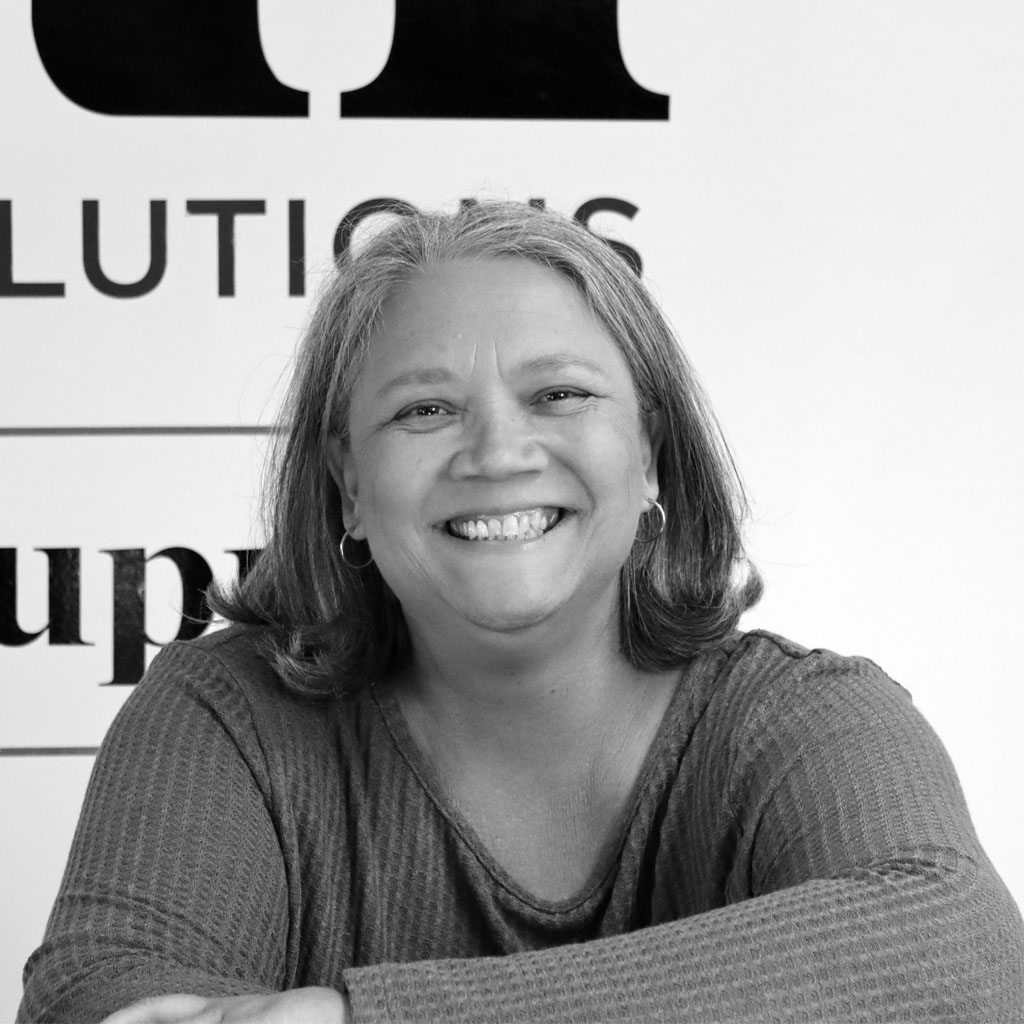Letting out a holiday home can deliver a lucrative income for the owner, especially if it’s in a popular spot. Throw in a beautiful beach or some picturesque countryside, a good pub and plenty to do nearby and with the right help you should have many people eager to book up for their breaks.
However, as with any type of moneymaking venture, it’s not all plain sailing, and accurate bookkeeping is just as much a necessity as it is for every other type of business. Many holiday cottage landlords own just one cottage, often inherited, and may not be as knowledgeable about the intricacies of keeping the books as those who have a portfolio of property lets and years of experience.

There are specific tax rules for rental income from properties which are classified as Furnished Holiday Lets (FHLs). For example, they must be let for fewer than 31 consecutive days at a time, must be sufficiently furnished for everyday use and must be available for commercial holiday lettings for at least 30 weeks of the tax year.
We’ve pulled together 5 tips to help holiday cottage landlords with their bookkeeping – read on to get the lowdown:
1. Allocate budgets
You’ll need to work out a budget for your holiday property which balances profit against your outgoings, such as repairs, cleaning between each set of guests, insurance, and your agent’s fees if you use a rental company. It’s also important to keep a healthy balance for unexpected issues, such as replacing a sofa or a boiler. If you set a budget and adjust it regularly, you’ll be able to work out your overall rental charges more accurately.
2. Keep a record of all transactions
Make sure you keep your holiday rental records completely separate from your personal ones; this will make life simpler when you’re preparing your self-assessment tax return. If you have more than one holiday home, you’ll need to keep separate records for each one – because if you make a loss on one and a profit on the other you can’t balance them out. Keep all invoices and receipts together so you can easily cross-reference payments. This leads us neatly to our next tip . . .
3. Use accounting software
You can save a great deal of time on your bookkeeping if you invest in a software package such as Sage or Xero. It will also help you hugely with HMRC’s Making Tax Digital initiative when it’s time to upload your tax assessment. You can sort your VAT return, work out expenses, pay bills and calculate cash flow and profitability. It can also link with your bank to make payments a simple process. With everything in one place, it makes tax compliance much less complex.
4. Investigate tax relief options
You can claim Capital Gains Tax relief for traders, and you’re entitled to plant and machinery capital allowances for items such as furniture, fixtures and equipment. In addition, the profits you make count as earnings for pension purposes.
5. Set aside a regular time to do the books
To ensure your records are completely accurate, it makes sense to set aside a regular time slot every week to sit down and go over the books, checking cash flow, collating invoices and noting payments to tradespeople and other outgoings. It’s amazing how quickly bookkeeping builds up in a short space of time, and the more there is to do, the less likely you’ll feel like doing it, especially if there’s a tax deadline in the offing.
At AMR Bookkeeping Solutions, we work with landlords of short-term holiday rentals as well as long-term lets. If you’re thinking of renting out your holiday home, whether it’s a cottage, apartment or mansion, and are concerned about the bookkeeping aspects, why not contact us on 01892 559480. Alternatively, check out the rest of our website, and find out how our friendly team can make it a much easier process.









